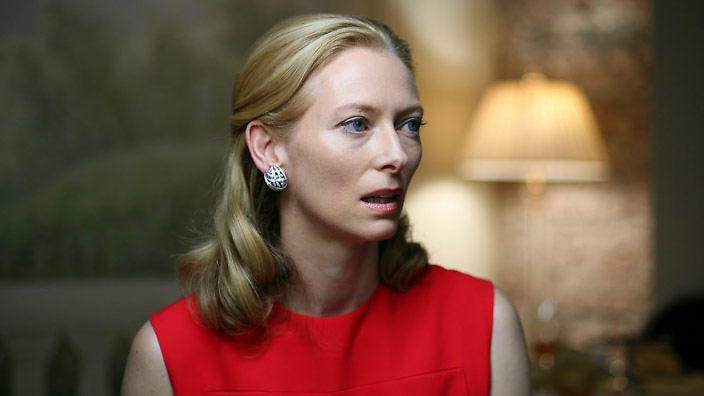
Here we go again, another attempt to rediscover cinematic gems from the past. We did our best to make this list diverse, because you, the TOC readers, have eclectic tastes that will not be easily satisfied. Hopefully this short list will offer you something to add to your already long watchlist.
1. Thieves’ Highway (1949, Jules Dassin)

The great noir master Jules Dassin has made three masterpieces in total: one in France (“Rififi”), one in the U.K. (“Night and the City”) and one in the United States (“Thieves’ Highway”). This movie is the most overlooked among the three.
Plot-wise, it’s not a typical noir as it’s not really centered on police/detective and criminals; the story runs more like “Wages of Fear” meets “On the Waterfront.” The femme fatale is also atypical, more supportive than deadly, I would say. All of these made it a unique entry in the noir genre.
2. In Cold Blood (1967, Richard Brooks)
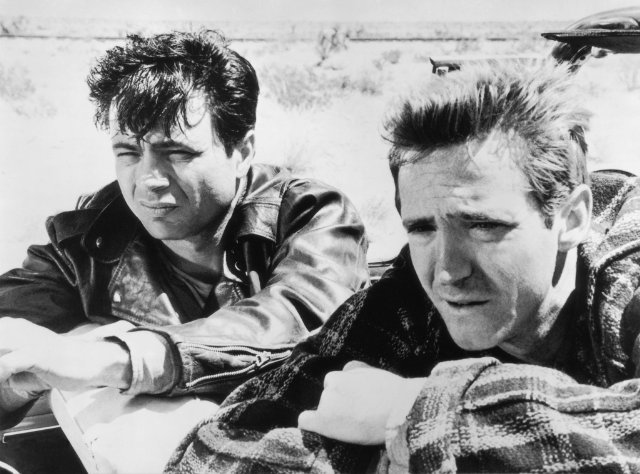
Adapted from Truman Capote’s famous nonfiction book of the same name, “In Cold Blood” is both an exemplary docu-drama and a masterclass in filmmaking.
Director and screenwriter Richard Brooks tried to make as few changes to the book as possible, and even used the house of the real crime case as the location of the movie, so the film gives you a real sense of time and space. It’s also more than a documentary because of its exquisite black-and-white cinematography by Conrad Hall, and nonlinear narrative cleverly handled in the script. This is simply a Hollywood crime movie at its best.
3. Tampopo (1985, Juzo Itami)
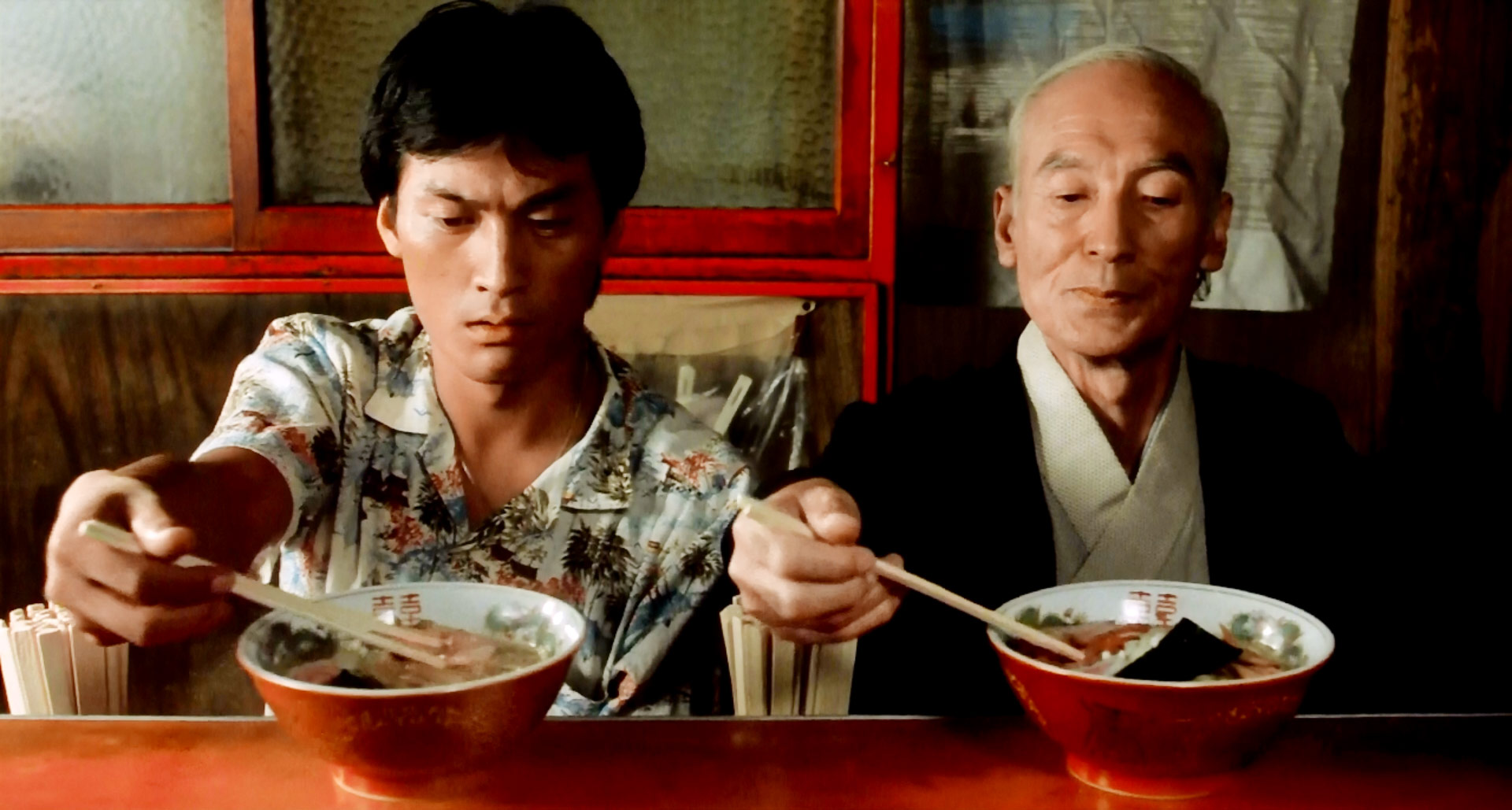
Few movies have so successfully transcended its culture like Juzo Itami’s “ramen western” Tampopo. Don’t be fooled by its weird title (it’s actually the name of the female protagonist in the film) – your mouth will be watering after watching this fantastic food movie.
The plot of the film is really simple: it’s about a truck driver who falls in a love with a woman and helps her open a ramen restaurant. The comedy comes from the director’s observation of the human condition, and it’s full of smiles. The most interesting thing about the film is that it not only has these wonderful scenes of ramen-making and eating, but it also has a series of funny and sexy vignettes that complement the main story and make it much more “delicious.”
4. I Am Love (2009, Luca Guadagnino)
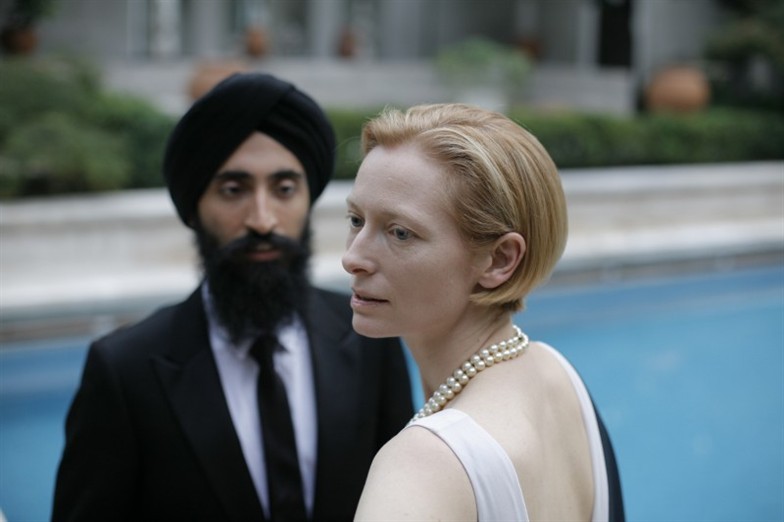
Last year’s awards season hit “Call Me By Your Name” and this year’s controversial horror remake “Suspiria” finally gave Italian filmmaker Luca Guadagnino the attention he fully deserves as a unique artist. Now it’s time to take a look at the first installment of his desire trilogy, “I Am Love,” which marks his first collaboration with acting marvel Tilda Swinton.
On the surface, this movie is about food, fashion, and the high-class family life, but deep down it’s a feminist film about social traditions and the liberation of love. If you like slow-burn art films with beautiful cinematography and strong performances, this movie is perfect for you.
5. Fox and His Friends (1975, Rainer Werner Fassbinder)
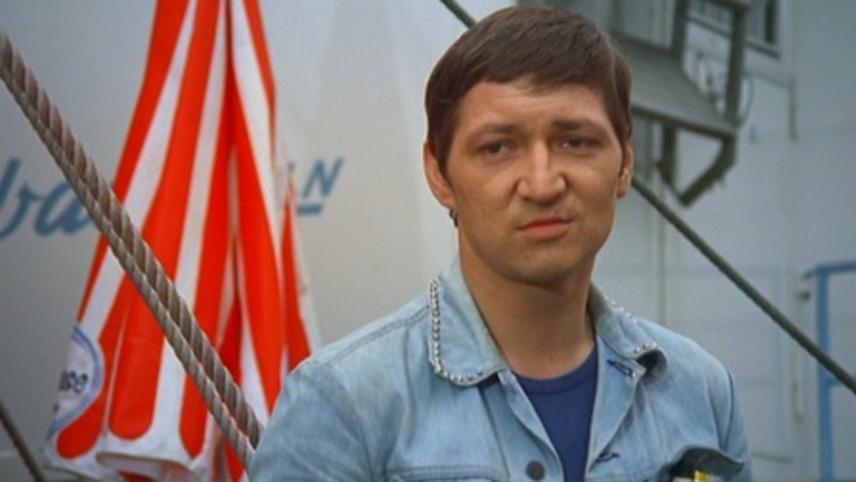
In his short yet prolific career, New German Cinema titan Rainer Werner Fassbinder made more than 40 feature films, and most of them range from great movies to masterpieces.
“Fox and His Friends” is his first film dealing with same-sex relationships, and Fassbinder played the main character Fox himself, which is a major sign of his great sympathy toward this lower-class character who was taken advantage of by all kinds of people for his wealth after a lottery win. It’s one of his most melodramatic films and a true masterpiece in every sense of the word.
6. Rumble Fish (1983, Francis Ford Coppola)
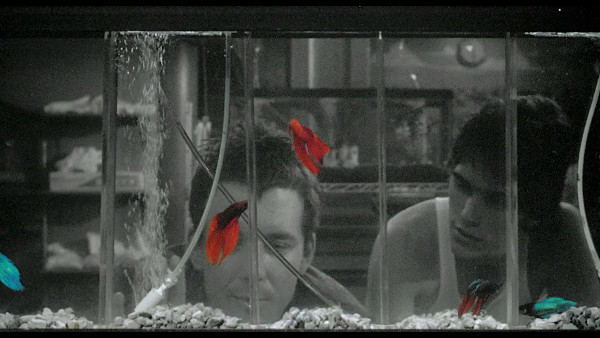
For a director who made such masterpieces as “The Godfather” and “Apocalypse Now,” it’s easy to overlook his other great movies. His 1983 youth rebellion film is certainly one of them.
The film is the sister film of another Coppola film that came from the same year, “The Outsiders.” Both films share almost the same cast and crew, but their styles are way different. While “The Outsiders” is more like the typical ‘80s teen films, “Rumble Fish” has visuals deeply influenced by the French New Wave and German Expressionist cinema, which made it more like an avant-garde and art film.
Though it’s filled with future acting stars, Mickey Rourke is the real show-stealer here; you will fall in love with him.
7. Babette’s Feast (1987, Gabriel Axel)

This list is destined to be a tasty one because we have another legendary food film here. “Babette’s Feast” is one of the greatest Danish films ever made, and the first Danish film to ever win the Best Foreign Language Oscar award.
While the aforementioned “Tampopo” connects food more with violence and sex, “Babette’s Feast” is more about the relationship between food and religion. It stars the late French actress Stephane Audran as the cook, and you will feel hungry no matter when you watch it. If you are looking for a beautiful and tranquil film to watch on a cozy Sunday afternoon, this is a perfect choice.